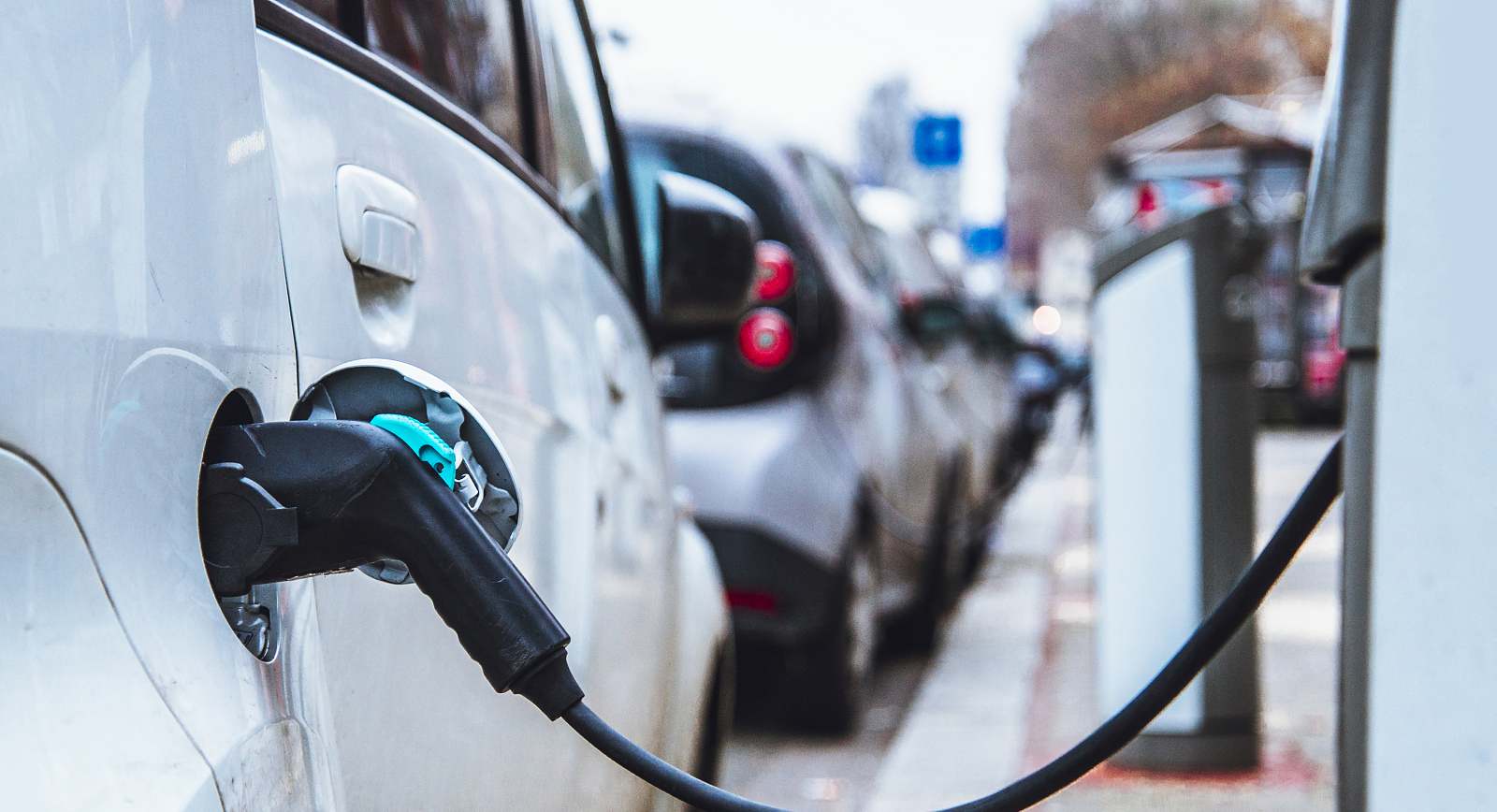The Electric Vehicles (Smart Charge Point) Regulations 2021 came into force on 30 June 2022, except for the security requirements set out in Schedule 1 of the Regulations of which this will come into force on 30th December 2022. Pheilix engineering team have finished the full product line upgrading against the new regulation. Including the Safety, Measuring System, Default Off-Peak Charging, Demand Side Response, Randomised Delay and Security elements. The Pheilix Smart APP has new functionalities of which have been redesigned in accordance with the requirements set out in these regulations.
Off-peak charging
Pheilix EV Chargers incorporate default charging hours and charging allow the owner to accept, remove or change these upon first use and subsequently. The default hours pre-set to not charge during times of peak electricity demand (between 8am and 11am, and 4pm and 10pm on weekdays) but allow the owner to override them. To encourage owners to engage in smart charging offers, Pheilix EV charge point set up such that there are pre-set default charging hours, and that these are outside of peak hours. However, the owner must be able to override the default mode of charging during the default charging hours. Pheilix EV charging Box must be set up such that when it is first used, the owner is given the opportunity to:
• accept the pre-set default charging hours;
• remove the pre-set default charging hours; and
• set different default charging hours.
After the charge point is first used, The Pheilix EV charging station then allow the owner to:
• change or remove the default charging hours if these are in effect; or
• set default charging hours if none are in effect.
Randomised delay
Maintaining grid stability is a key Government policy objective for smart charging. There is a risk that a large number of charge points could start charging or change their rate of charging simultaneously, for example when recovering from a power outage or in response to an external signal such as a ToU tariff. This could cause a spike or sudden drop in demand and destabilise the grid. To mitigate this, the Pheilix EV charges designed randomised delay functionality. Applying a randomised offset ensures grid stability by distributing demand placed on the grid, gradually ramping up the electricity demand over time in a way that is more manageable for the network. Pheilix EV charging station configured to operate a default randomised delay of up to 600 seconds (10 minutes) at each charging instance (that is, any switch in load that is on, up, or down). The exact delay must:
• be of a random duration between 0 to 600 seconds;
• be conferred to the nearest second; and
• be of a different duration each charging instance.
In addition, the EV charge point must be capable of remotely increasing this randomised delay up to 1800 seconds (30 minutes) in the event this is required in future regulation.
Demand Side Response
Pheilix EV charge points support the DSR agreement.
Post time: Nov-01-2022


